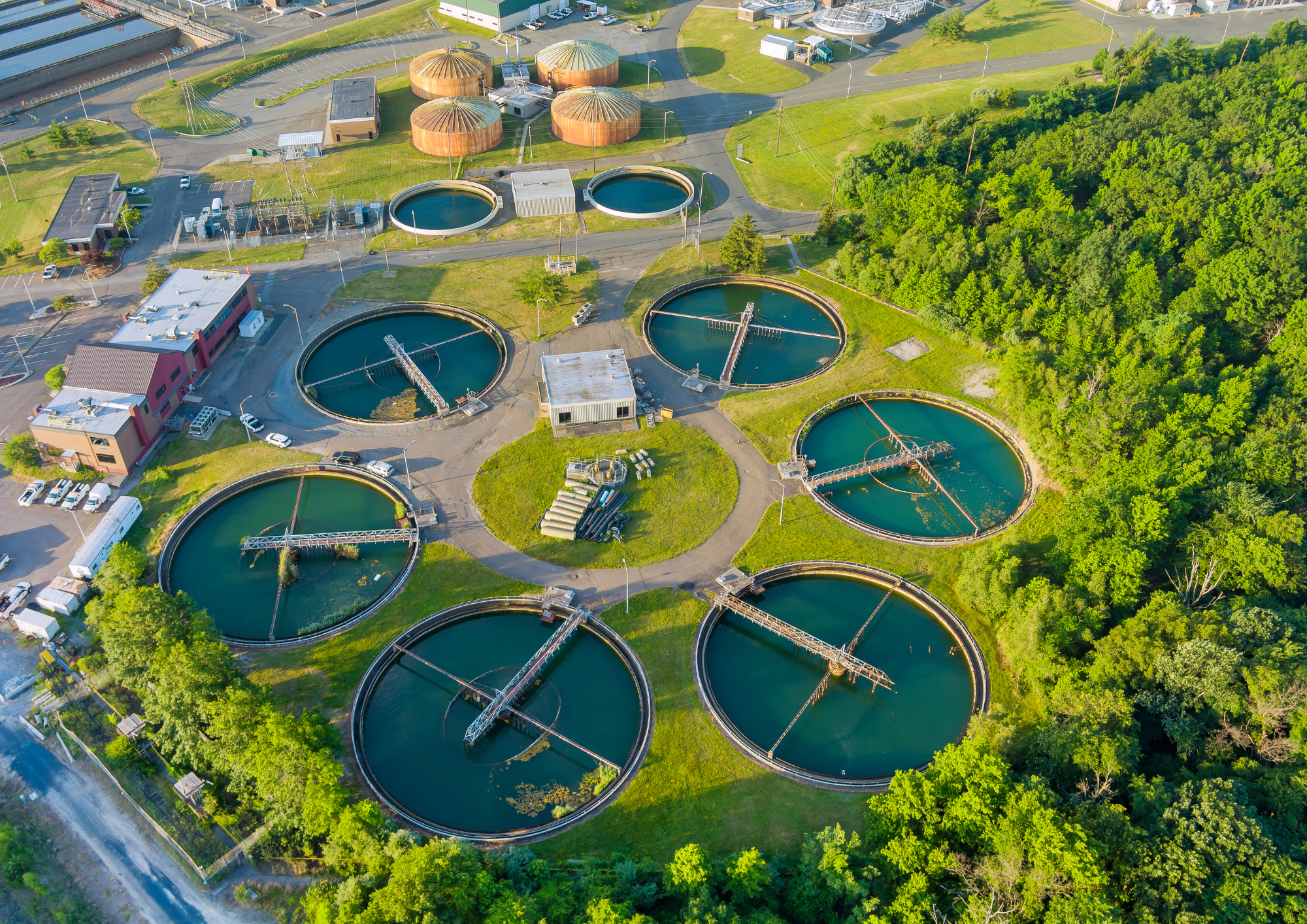 Increasingly non-governmental Participatory Catchment Organisations (PCOs) are being seen as central to the delivery of both water-related statutory legislation and community desires. Whilst this is particularly true in the UK as the devolved governments take forward the requirements of the European Water Framework Directive (WFD), it is equally true in other countries where a focus on integrated catchment management (ICM) and stakeholder engagement has taken centre stage.
Increasingly non-governmental Participatory Catchment Organisations (PCOs) are being seen as central to the delivery of both water-related statutory legislation and community desires. Whilst this is particularly true in the UK as the devolved governments take forward the requirements of the European Water Framework Directive (WFD), it is equally true in other countries where a focus on integrated catchment management (ICM) and stakeholder engagement has taken centre stage.
Developing a new PCO, and then sustaining it in such a position brings many challenges. Prominent amongst these is the inevitable tension between the “pull” of central government, its agencies and legislative programmes, and the “push” of community needs, priorities and aspirations. If a PCO moves too far one way, it risks being seen by the local community as yet another agency of government; if it moves too far the other way, it risks being seen by government as little more than a loose grouping of local activists pursuing their own agenda. In effect, PCOs can and in many cases do become the “gatekeepers” of participative management within a catchment context. This programme looked to explore these issues through working closely with four PCOs and representatives of the stakeholders with whom they work and interact - in the Tweed (Scotland/England), Dee (Scotland), Motueka (New Zealand) & Fraser Basin (Canada).
The programme together key participants involved in policy-making and delivery of catchment management for a week-long series of independently facilitated, interactive workshops in May 2011. These were centred on the experiences of four non-governmental participatory catchment organisations and the stakeholders with whom they interact. Academic input from the Universities of Dundee and St. Andrews was directed at setting up the programme, identifying key participants and introducing knowledge and experience from other studies and Water Management Policy Brief 2 organisations with which they had worked. In addition, they were able to ensure that the issues raised by the PCOs informed and directed the debate, and a focus was maintained on outputs of relevance to PCOs and policy-makers, as well as to academic findings.